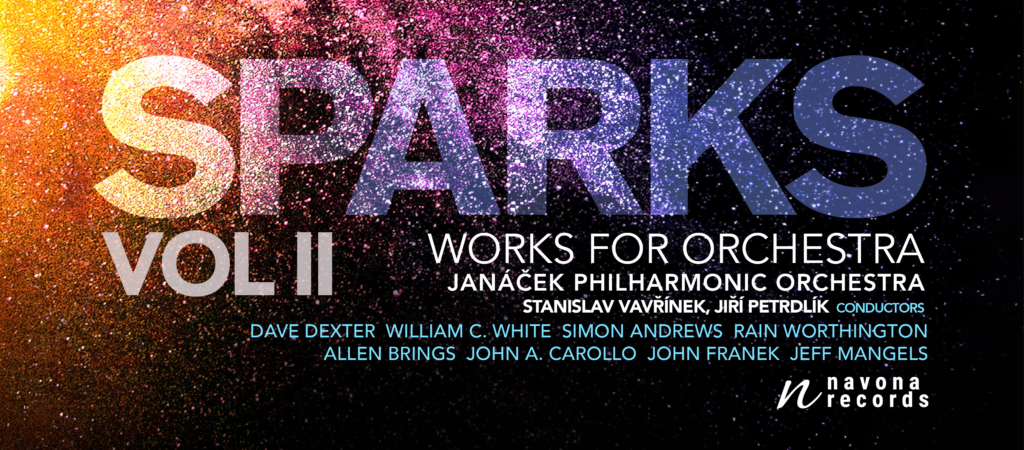We’ve had interviews with composers on the two most recent episodes of the Gabfest, and I’ve got some thoughts that didn’t make it to air.
First, we had on Lowell Liebermann, who, at the age of 60, just released his debut album as a pianist. His selection of repertoire was unique to say the least, encompassing Liszt’s knuckle-busting Totentanz and Busoni’s sprawling Fantasia Contrappuntistica.
Most interestingly, he included some of his own piano works, including his wildly successful Gargoyles. So my question in the interview was: “is this the definitive interpretation of these works?”
His basic answer was ‘yes,’ though there was a bit of caveatage. He said that there are some interpretations by other pianists where certain elements might be ‘better’ than his own, but that this is the interpretation that represents the most authentic musical intention.
That’s only natural. But then he followed up by saying that his view is that he’s mainly interested in the composer’s voice in any piece — not in the performer’s individual expression.
A friend texted me to ask what I thought. What follows is our thread:
**: What’s your take on Lowell Lieberman’s take on the relationship between performers and composers?
As a jazzbo and Borgesian, I’m biased toward the interpreter.WW: Oh man I think about that all the time. In some ways, the idea that a composer composes and an interpreter interprets is the central conceit of “classical music.â€
I think of myself as not being quite as doctrinaire as LL but then again, when I hear people playing my music in a way I didn’t write, 90% I get annoyed and start writing long detailed emails to the performers (which I then delete.)
But then 10% of the time they do something I didn’t write and it’s BETTER, I’m very happy for it; and in my own life as an interpreter, I do sometimes make alterations, striving to be part of that 10%.
And then you have situations like Chopin — supposedly he never performed his compositions twice the same way, always improvising and altering in performance. The fact is that most musicians in the earlier centuries were composer-improviser-performers. I guess my take is that that’s what I think we should try to get back to.
I’m always encouraging performers to compose… even if they don’t do it seriously, it gives them a better sense of what goes into writing a piece of music, and thus a better chance of being part of the 10% when they put their “spin†on something
Our next composer chat was with Gabriela Lena Frank:
She talked about her project called Composing Earth. The idea is that she selects ten composers — all alumni of her academy — and provides them a two-year stipend for study and composing. Their goal is to produce new compositions that somehow grapple with the climate catastrophe.
Here my question was, “what are the limits of instrumental music to communicate the climate change message?” And while I’m sympathetic to the agenda of this program — and am myself someone who composes “message” pieces all the time — I’m not sure that I was totally convinced by her answer. In fact, I’m not quite so sure that she answered the question at all (very smart interview tactic, btw.)
Of course, it’s rare that a piece of modern classical music is heard without context. It’s mostly listened to by brainiacs who digest program notes with ease and who have been taught how to hear all sorts of hermeneutical meanings in the sounds of instrumental compositions.
Suffice to say, I will be very interested to hear the compositions that come out of this program.
Oh, and if you really want to help the planet, go vegan today! 🌱
![Soviet Composer Alfred Schnittke Was Born On This Day in 1934 [ON-THIS-DAY]](https://theviolinchannel.com/wp-content/uploads/2017/11/USE-Alfred.jpg)
